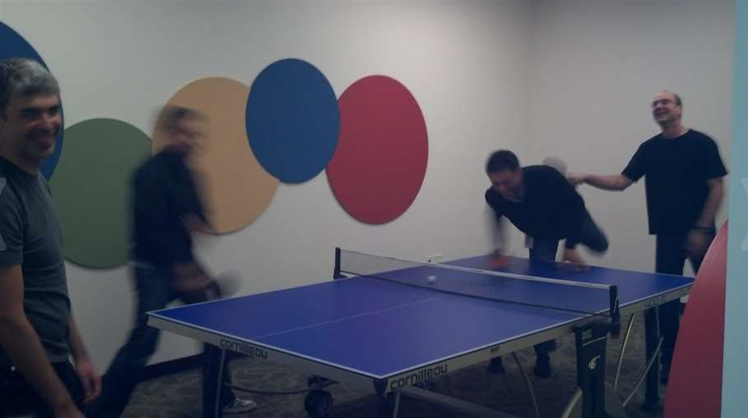Google’s senior vice president of mobile strategy Andy Rubin is not senior enough to lead Google's Java patent mediation talks, according to Oracle.

Last week the court asked Oracle and Google to appoint “top executive officers” from each company to lead negotiations to prevent a costly court battle.
While Oracle put forward its president, Safra Catz, who shares the role at Oracle with former HP CEO Mark Hurd, and executive vice president of product and development, Thomas Kurian, Google offered Rubin and its general counsel, Kent Walker.
In Oracle’s view, neither met the “top executive officers” standard outlined by the court last week, while Rubin was the reason the pair were in a dispute in the first place.
“Oracle believes the prospects for a successful mediation will be far greater if Google’s executive-level representative is a superior to Mr Rubin, who is the architect of Google’s Android strategy - the strategy that gives rise to this case,” Oracle’s lawyers argued.
“Indeed, Google itself does not identify Mr Rubin as a top corporate executive in its own public disclosures to investors.”
Walker was not even Google’s chief lawyer, FOSS Patents blogger Florian Mueller pointed out.
Executives that may qualify for the talks could include those listed on Google’s management page, including CEO Larry Page, executive chairman Eric Schmidt, co-founder Sergey Brin, chief lawyer David Drummond, chief business officer Nikesh Arora, or CFO Patrick Pichette.
Oracle's objection to the choice of Rubin and Walker was predictable, according to Mueller, and it was proof that Google was unwilling to spend on mediation, given that a knowledgeable mediator could “hardly reach any other conclusion than willful infringement.”
Details of Oracle's rejection came as a newly released deposition by Google's chief Java architect and former Sun engineer Joshua Bloch contained an admission that he may have copied Sun code that was now owned by Oracle.


.png&h=140&w=231&c=1&s=0)
_(23).jpg&h=140&w=231&c=1&s=0)

_(20).jpg&h=140&w=231&c=1&s=0)





 iTnews Executive Retreat - Security Leaders Edition
iTnews Executive Retreat - Security Leaders Edition
 iTnews Benchmark Awards 2026
iTnews Benchmark Awards 2026
 iTnews Cloud Covered Breakfast Summit
iTnews Cloud Covered Breakfast Summit
 The 2026 iAwards
The 2026 iAwards












_(1).jpg&h=140&w=231&c=1&s=0)



